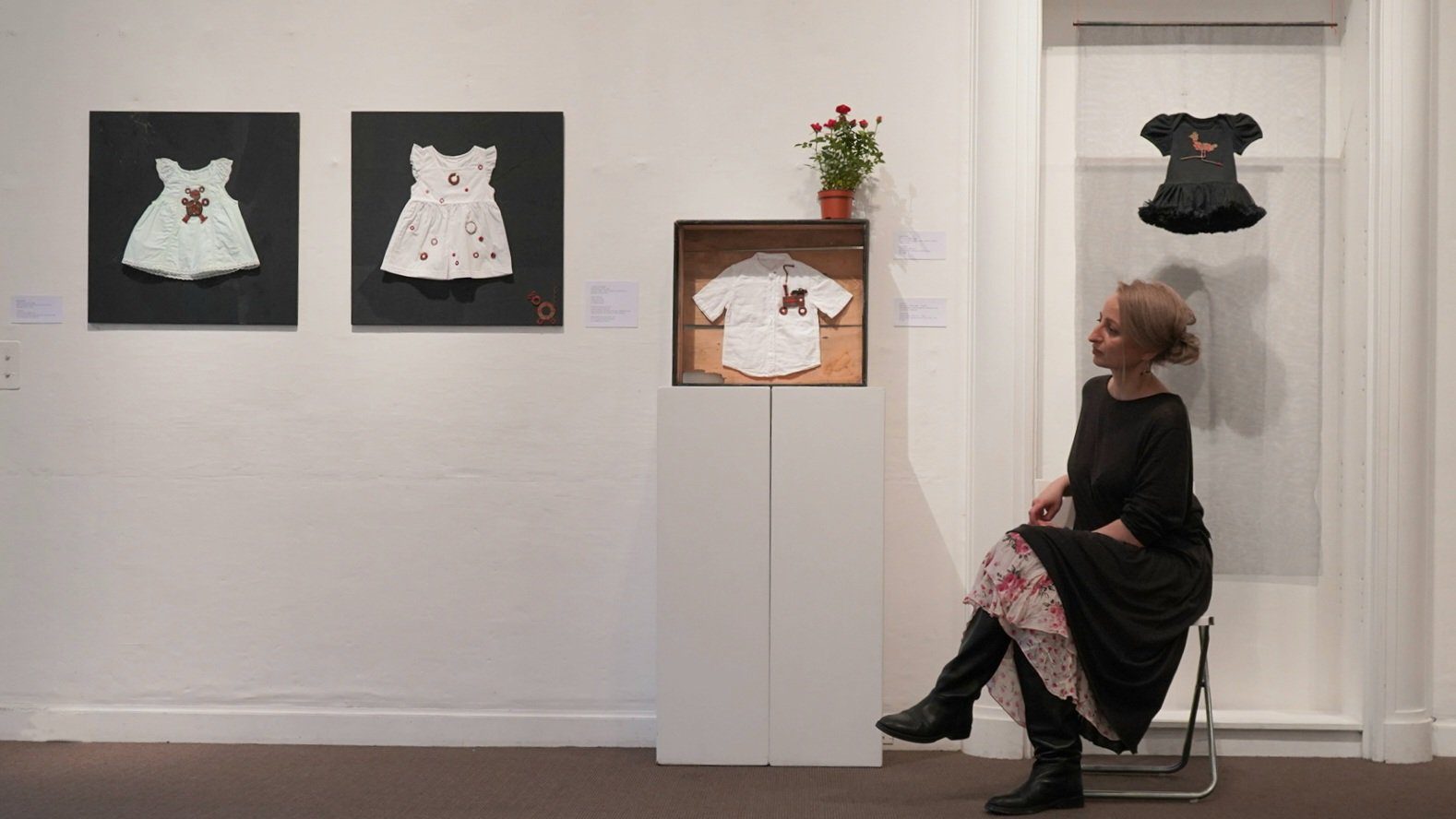This post is also available in: Bosnian
Zdravko Knezevic, Chief Prosecutor of the Federation of BiH says it is still possible for Bosnia to meet the seven and 15-year deadlines to resolve remaining war-crime cases, as set out by Bosnias National Strategy for the prosecution of War Crimes Cases.
But this will only be possible once the exact number of war-crime cases to be prosecuted before the cantonal and district courts and the District of Brcko Court has been determined. This is now not the case.
Another requirement for the more successful prosecution of war-crime cases is greater human and material capacity in the courts, he said.
Little is being done to enable prosecutors offices in Bosnia and Herzegovina to handle war-crimes cases after the Court of Bosnia and Herzegovina transfers its jurisdiction over them, he said.
Cantonal prosecutors offices have dealt relatively well with war-crime cases, but their continued engagement will be in question if the two other conditions are not met.
As matter stand, it is up to the State Prosecutor and the Court of Bosnia and Herzegovina – in effect, the State Court – to assess the so-called sensitivity of war-crime cases.
They must decide whether to keep them under their own jurisdiction, or, if they are less sensitive, forward them to the cantonal or district courts, or to the District of Brcko Court.
At this moment we do not know the exact number of cases to be transferred from The Hague Tribunal Office of the Prosecutor, he said.
Regarding those cases now being evaluated by the Prosecutors Office and the Court of Bosnia and Herzegovina, and there are plenty of them, if two above-mentioned conditions are met, with hard work, it will be possible to meet the Strategy deadlines, Knezevic said.
The Chief Prosecutor said a high level of interest on the part of the state was needed if prosecutors offices were to be fully effective in prosecuting war crimes.
Any strengthening of personnel in terms of appointing more prosecutors, support staff, investigators and suchlike requires new budgets, he said.
Unfortunately, were in a recession, and it is currently not allowed to hire new people, which is a problem, Knezevic said, describing it as a Gordian knot from which we do not know how to escape.
The effective prosecution of war crimes may require increasing salaries for prosecutors working on such cases, Knezevic suggested.
But right now prosecutors are leaving the profession, and it is difficult to find professional top-quality persons who can jump into the fray and take on the burden of war crimes.
Prosecutors salary havent increased since 2006, he noted. Cantonal prosecutors, like district ones, have lower salaries than judges in district and cantonal courts and are not entitled to family separation allowances, or any other benefits that holders of other public offices have.
This is not fair. It doesnt stimulate the work of the prosecutors but rather stimulates their departure from prosecutors offices, Knezevic said.
The High Judicial and Prosecutorial Council of Bosnia and Herzegovina, VSTV, to which the Chief Prosecutor of the Federation of BiH belongs, has noted this problem and prepared amendments to the law on salaries and submitted them to the competent ministries and the entities.
Knezevic says it remains to be seen what echo this obtains from the executive. The basic salary for a cantonal or district attorney is around 1,200 euros.
Allowances for family separation are especially delicate, he said. Without them, the VSTV has difficulties in realizing the principle of national representation , since it cannot stimulate candidates of appropriate national origin to work outside their place of permanent residence.
If vacancies are not filled with members of the constituent nations, that seriously compromises the effectiveness of courts and prosecutors offices, Knezevic said. In due time, Bosnia could face the risk

